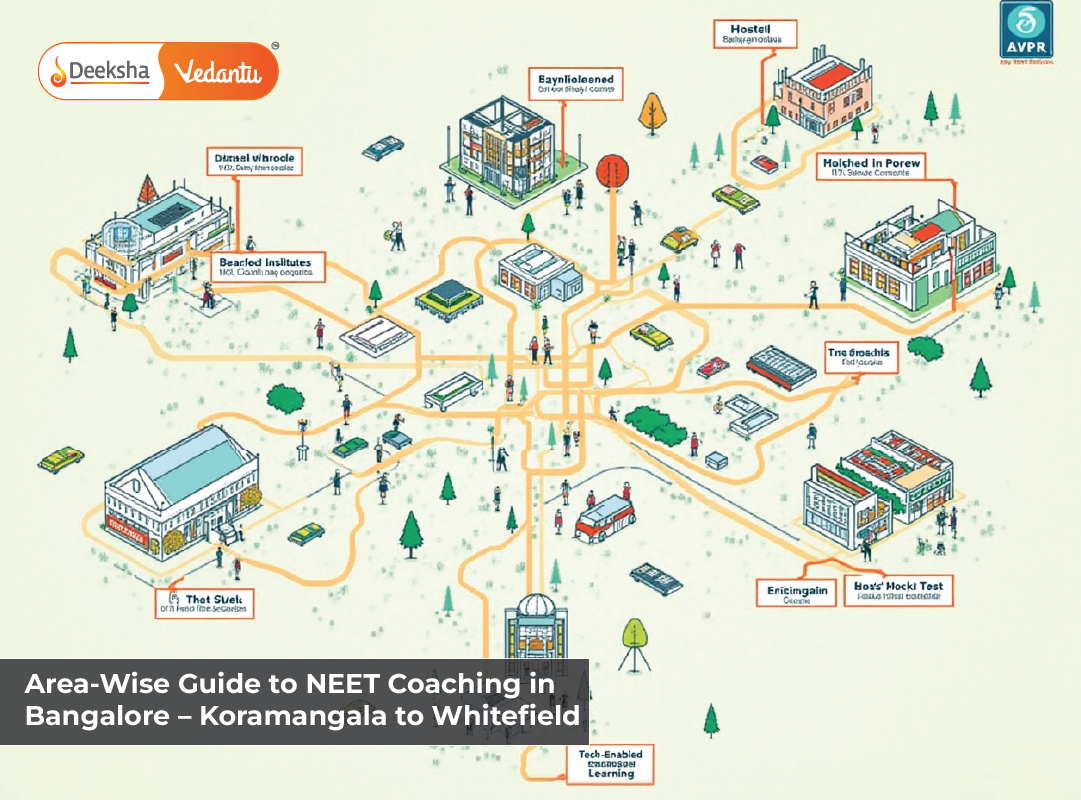Your mental health may suffer as a result of attending classes, doing homework, studying for examinations, and finishing a lengthy syllabus. A student’s life during exam season can be highly stressful, and it will only be productive if you give your body enough time to rest and recharge. Study breaks can be used effectively in this situation for better results. During this time, you must concentrate and put in tremendous effort. Taking breaks is just as crucial as managing your time throughout exam preparations, and you should take a 10- to 20-minute break every 40 minutes. This blog will discuss the meaning of study breaks and 10 study breaks ideas for Class 10 students. Keep reading to learn more.
What are Study Breaks?
We first need to define study breaks to understand their significance. Study breaks are the time between two study sessions, and their duration relies on how much time a person needs to feel rejuvenated and refreshed. It is a strategy to give your brain time to recollect the information you have just learned during study sessions. These breaks can be divided across your schedule for the day.
Study breaks are short periods during which students take a break from their studying activities to rest and recharge their brains. These breaks can be a few minutes or up to an hour, depending on the student’s needs. Study breaks can include physical activities like stretching or walking and mental activities like meditation or deep breathing exercises. The purpose of these breaks is to help students avoid burnout and maintain focus during their study sessions. By taking regular study breaks, students can reduce stress levels and increase productivity, leading to better exam performance.
10 Study Break Ideas for Class 10 CBSE Students
Here are some study break ideas to help you refresh and take a break from your study sessions.
1. Take a Walk
It can be exhausting to study in the same place and posture constantly. Take a walk when you feel exhausted. No, we don’t mean near the library or the same study area. Step outside and take a breath of fresh air. If you need a more extended study break, try walking to an outdoor area like your local park.
You can learn more effectively and restore focus by engaging in physical activity. Even though it may be the last thing you feel like doing after a long day of studying, getting some fresh air can help you feel more energised, even if it only involves going around the block once.
2. Stretch
There’s a good chance that the stress of studying has made your muscles rigid. Additionally, it’s possible that you spend a lot of time in the same position while studying. A break is necessary when sitting in the same posture while studying and preparing continuously for your exams. You can move around and do light stretches to help you relax your muscles. Spend ten minutes lying down, getting fresh air, or standing up. Close your eyes and do some breathing exercises for a relaxed mind. Your body will become more flexible and relieve tension if you stretch. It is important to stretch your body regularly and relax your muscles.
3. Drink Water
Drinking water is important while preparing for board exams because it has numerous benefits for the body and brain. Moreover, studying for board exams can be time-consuming and mentally exhausting, leading to stress and fatigue. Drinking water can help reduce stress and improve energy levels, helping students stay focused and motivated.
Water can help regulate body temperature, prevent headaches, and improve digestion, impacting exam performance. Drinking water can also help flush out toxins from the body, improving overall health and well-being.
4. Organise
Around the time of their examinations, students often become so preoccupied with studying that they put everything else aside. When you clean your space, your brain will have something new to focus on. Keep in mind that a clean setting is more conducive to concentration. Tidy up your space, make your bed, and set up your desk properly. When you start studying again, this will come in handy. Neatly organising your books, clothes, bed linens, and pillows can relax your mind while preparing for exams.
5. Listen to Music
There is no better way to reduce tension than music. Put on your headphones and enjoy some entertaining music. Simply letting the music play will calm your nerves and clear your head.
Avoid committing to a major assignment during this five-minute break. It becomes more challenging to return to studying if you take extended breaks too frequently. Consider your options carefully while using these five minutes of downtime.
6. Meet Your Friends
Going for a walk around your neighbourhood with your friends is one of the most excellent methods to use during your study breaks. Take a stroll in the streets to get some fresh air. Make sure you stay within the allotted amount of time.
You can meet your friends for some time, but refrain from engaging in longer conversations and wasting your time gossiping. Rather discuss some productive ways in which you can help each other take frequent breaks.
7. Meditate
While you’re studying, meditation is a great way to unwind.
Additionally, meditation will aid in more than simply improving your concentration—it also helps those with anxiety, stress, and sadness. Meditation might also help with other medical conditions like weariness and sleeplessness. So it’s worthwhile to try mediation.
Take a moment to sit quietly and concentrate on your breathing during your next study break. You can also find some good and easy meditation videos on YouTube.
8. Have a Snack
Having a healthy snack will help you feel more energised. Healthy snacks will increase your capacity to concentrate, sharpen your ability to focus and increase your productivity. Try consuming almonds, dark chocolate, or other healthy snack options. However, avoid foods with high sugar content, such as ice cream and cookies, which will cause a sugar crash and leave you feeling worn out rather than re-energised.
9. Take a Power Nap
The brain cells regenerate after a restful nap. According to a study, a power nap should last between 10 and 20 minutes. However, taking a nap for more than 20 minutes can make you sleepy and unable to concentrate when you wake up. Therefore, be sure to set the alarm before napping.
10. Exercise
The blood flow to your brain can be increased with as little as 10 minutes of exercise. Exercise doesn’t always involve push-ups and crunches. You can practise some yoga poses, pilates, or even move while listening to your favourite music. Anything that increases your blood flow and heart rate is beneficial. If you’re anxious about your exam preparations, there are even more reasons to exercise. It has a relaxing effect on your brain, which helps you feel less anxious.
Why Do You Need Study Breaks?
It would help if you had study breaks for the following reasons:
- Study breaks allow you to leave your desk and engage in something different. When you return to work after getting some exercise, fresh air, and a change of environment, you will be more productive.
- Even while it could appear like the world is about to end if you don’t spend hours studying, putting so much pressure on yourself is worse. Regular breaks allow you to focus, recharge, and return to studying easily.
- Your brain is rejuvenated during an active break, such as a quick walk or workout, increasing memory and enhancing how you process new information.
- By taking breaks from your studies, your brain may feel refreshed and recollect the information you have already studied.
How to Focus Again After Study Breaks?
Learning how to get back on track is essential if you’ve taken an unusually long break. Practise picking up where you left off to increase the effectiveness of your study breaks.
You might end up taking longer breaks than you anticipated. Your goal and focus will determine your success in picking up your study speed. In this regard, exercise mindfulness and learn to manage your time and study breaks.
Keep these things in mind:
- Avoid taking on too many subjects during your first session
- Create a study schedule
- Make the most of your “free time.”
- Use all accessible study tools
- Maintain a goal-oriented thinking
- Make a plan
Conclusion
It is essential to take regular study breaks to maintain focus and productivity while preparing for the Class 10 CBSE exams. Incorporating some of the study break ideas mentioned in this article, such as physical activity, artistic endeavours, or socialising, might give you a fresh perspective to approach your studies.
It is essential to remember that study breaks and study time should be balanced to ensure that you succeed academically. Therefore, it’s essential to plan your study breaks in advance and to set a time limit for yourself. Ultimately, finding pleasurable and soothing activities during study breaks is the key to increasing productivity. In this way, you can maximise your study time and achieve academic excellence. With efficient and regular study breaks, you will be able to return to your studies with renewed perspective and focus. Therefore, breaks are essential while studying because they help reduce stress, improve focus and productivity, prevent burnout, and enhance overall well-being.
Table of Contents














Get Social